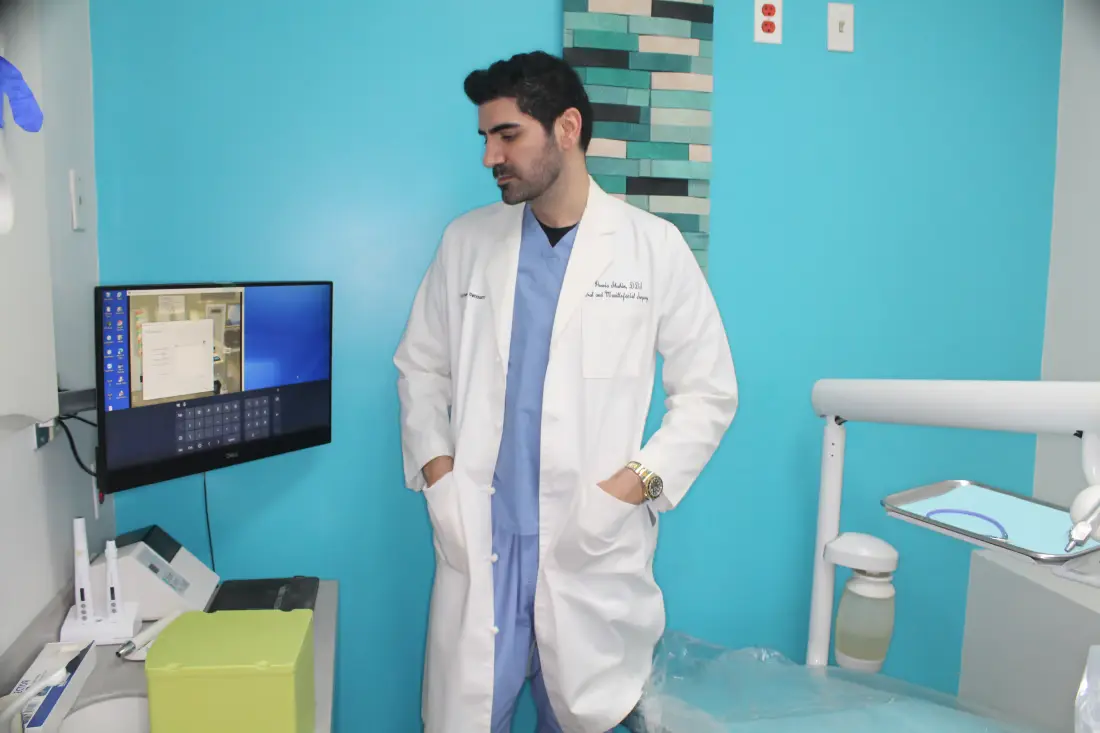Types of Periodontal Disease

Periodontal disease is the leading cause of adult tooth loss in the developing world. Also known as gum disease and periodontitis, it is a serious, progressive disease that harms the jawbone and gum tissue. Toxins in plaque attack the gingival tissue around the teeth, and when these toxins are allowed to build up, they become embedded in the gum, rapidly breeding and spreading and causing infection.
Left untreated, the infection causes irritation and inflammation between the gums and teeth. The gums recede as your body tries to fight off the infection, and the pockets between the teeth deepen. At this point, the jawbone tissue will be so weakened that teeth become unstable and fall out.
Periodontal disease comes in many forms and each variety requires immediate treatment by a Brooklyn periodontist.
To express your questions or concerns about the types of periodontal disease and their treatments, contact our dental office, Brooklyn Dental Spa. Our Brooklyn dental hygienists are happy to help patients in Crown Heights, Fort Greene, Williamsburg, Park Slope, Clinton Hill, and other neighborhoods in Brooklyn however they can.